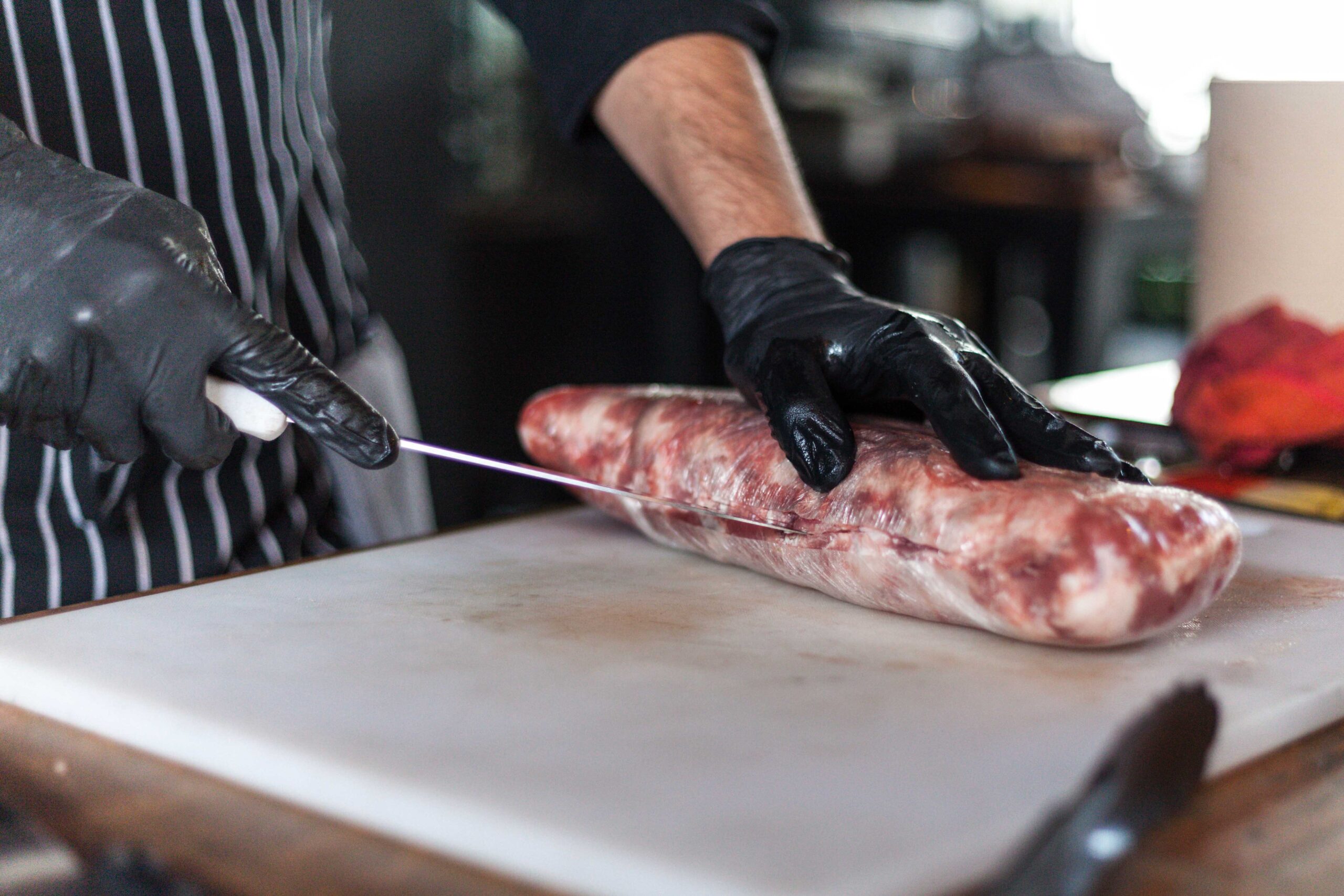The culinary world has witnessed a significant shift toward sustainability and ethical dining practices in recent years. As more people become conscious of their food choices, the demand for sustainably sourced and ethically served steaks has surged. This paradigm shift has influenced diners and encouraged restaurants and steakhouses to adopt responsible practices in their operations. Explore the principles of sustainable dining by understanding everything you need to know about the ethical sourcing and serving of steaks. Enjoy your favourite steaks while minimizing your environmental footprint and supporting ethical food practices here!
The Rise of Sustainable Dining
The concept of sustainable dining goes beyond mere trends; it’s a movement that aligns with the growing global awareness of environmental issues, animal welfare, and social responsibility. Sustainable dining emphasizes a holistic approach to food production, from the sourcing of ingredients to the presentation on your plate. Steakhouses and restaurants are increasingly incorporating these principles into their operations.
Ethical Sourcing of Steaks
Sustainable dining begins with the sourcing of steaks from ethical and responsible suppliers. Here are some key practices:
- Local Sourcing: Restaurants prioritize locally sourced steaks, reducing the carbon footprint associated with transportation and supporting local farmers.
- Grass-Fed and Pasture-Raised: Ethical steakhouses prefer grass-fed and pasture-raised cattle. These methods promote animal welfare and reduce the environmental impact of factory farming.
- Certified Labels: Look for steaks with certifications like “organic” and “certified humane,” ensuring that the cattle were raised under specific ethical and sustainable conditions.
- Traceability: Ethical sourcing involves knowing the steak’s origin, allowing diners to trace the journey from the farm to the table.
Reducing Food Waste
Sustainability in dining also involves minimizing food waste. Steakhouses adopt various practices to reduce waste:
- Portion Control: Offering reasonable portions ensures diners consume what they order, reducing food waste.
- Composting: Many restaurants implement composting programs to divert food scraps from landfills and transform them into nutrient-rich compost.
- Creative Use of Leftovers: Some steakhouses creatively repurpose leftover steaks into new dishes, minimizing waste while delighting diners.
Sustainable Food Presentation
Sustainable dining isn’t limited to sourcing; it extends to how steaks are served:
- Eco-Friendly Packaging: Steakhouses use eco-friendly packaging materials for takeout and leftovers, reducing single-use plastics.
- Garnishes and Plating: Chefs embrace garnishes from their gardens or local producers, creating visually appealing dishes that respect the environment.
Supporting Ethical Animal Welfare
Ethical dining practices extend to the treatment of animals, ensuring their welfare throughout their lives:
- Stress-Free Environments: Ethical suppliers prioritize low-stress environments for cattle, which can result in higher meat quality.
- Humane Slaughter: Ethical slaughter practices emphasize humane treatment, reducing animal suffering.
- Alternative Proteins: Some steakhouses explore alternative protein sources like plant-based and lab-grown meats, providing ethical dining options.
Sustainable Steak Cuts
Sustainability also extends to the choice of steak cuts:
- Less Common Cuts: Responsible steakhouses feature lesser-known cuts, encouraging diners to explore options beyond traditional favourites.
- Nose-to-Tail Dining: Promoting nose-to-tail dining reduces waste by utilizing all animal parts.
Farm-to-Table Experiences
Many restaurants and steakhouses offer farm-to-table experiences, allowing diners to connect with the source of their food:
- On-Site Gardens: Some steakhouses maintain on-site gardens, growing vegetables and herbs in their dishes.
- Chef-Hosted Farm Visits: Collaborations between chefs and local farms provide educational opportunities for diners to learn about ethical sourcing.
Sustainability Certifications
Recognizable sustainability certifications assure diners of a restaurant’s commitment to ethical dining:
- Green Restaurant Association: Restaurants can earn certification from organizations like the Green Restaurant Association, showcasing their sustainable practices.
- Ocean-Friendly Seafood: Sustainable seafood certifications, like those from the Marine Stewardship Council, ensure responsible seafood sourcing alongside steaks.
Educating Diners
Steakhouses engage in educational initiatives to inform diners about sustainability:
- Menu Descriptions: Detailed menu descriptions highlight the ethical and sustainable aspects of the steaks and ingredients.
- Waitstaff Training: The staff is trained to explain the sourcing and sustainability of menu items, answering diners’ questions.
Supporting Ethical Ranching Communities
Sustainable dining practices support ethical ranching communities:
- Fair Trade Practices: Restaurants ensure fair trade with local farmers and ranchers, fostering stronger communities.
- Community Involvement: Some steakhouses engage in community initiatives, contributing to local sustainability efforts.
Waste Reduction Measures
Restaurants implement waste reduction measures that align with their sustainability goals:
- Recycling Programs: Recycling paper, glass, and plastic contributes to a greener restaurant operation.
- Energy Efficiency: Energy-efficient appliances and lighting reduce the restaurant’s carbon footprint.
Feedback & Continuous Improvement
Ethical steakhouses welcome feedback from diners and stakeholders to improve their sustainable dining practices continuously:
- Surveys and Comment Cards: Restaurants gather feedback from diners to gauge their satisfaction with sustainability efforts.
- Adaptation: Steakhouses are willing to adapt their practices based on feedback to align more closely with sustainability goals.
The Economic Aspect of Sustainability
Sustainable dining practices can lead to cost savings and economic benefits for restaurants:
- Efficiency: Reducing waste and energy consumption can lower operating costs.
- Marketing Advantage: Ethical dining practices can attract environmentally conscious diners, increasing revenue.
Measuring Impact
Ethical steakhouses often quantify their sustainability efforts:
- Environmental Impact Assessment: Some restaurants conduct assessments to measure their environmental impact and identify areas for improvement.
- Reporting: Steakhouses may publicly report their sustainability achievements and goals to promote transparency.
Sustainable dining in steakhouses is a growing movement driven by conscious consumers, responsible suppliers, and committed restaurateurs. By adopting ethical practices in sourcing and serving steaks, restaurants cater to diners’ desires for delicious meals and contribute to a more sustainable and responsible food industry. The next time you enjoy a perfectly cooked steak at a restaurant, you can savour the flavours and the knowledge that you support ethical and sustainable dining practices. It’s a choice that benefits the planet, animals, and future generations, making each bite even more satisfying.

